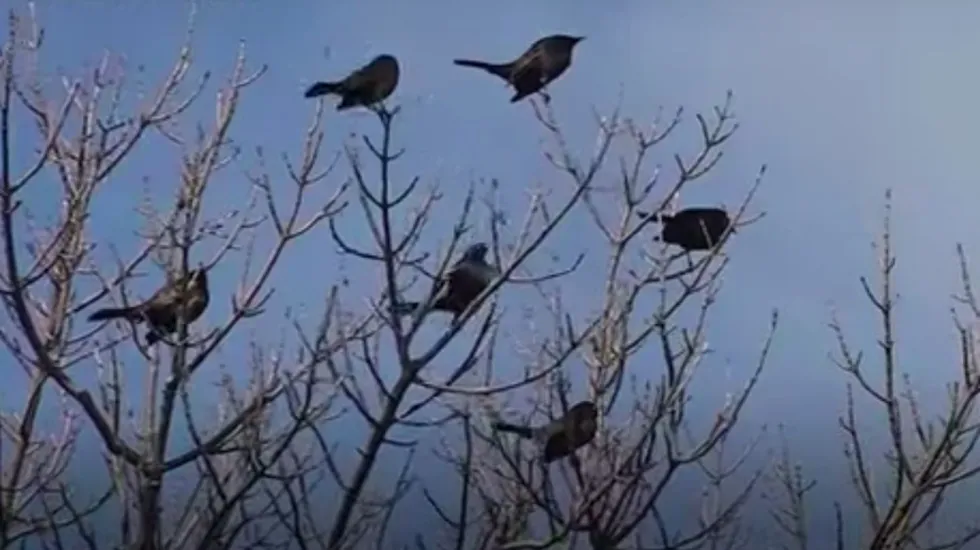
Many species of birds around Chicago are nesting and laying eggs nearly a month earlier than they did 100 years ago, according to a new study by Field Museum researchers, who say they think climate change is why.
“We learned that birds in the Chicago region, at least some species, are nesting as much as 25 days earlier now than they were back in the early 1900s and late 1800s,” said John Bates, the museum’s curator of birds, who was the lead author of the study published in the Journal of Animal Ecology. “This study was designed to basically look at whether or not bird species in the northeastern part of Illinois were changing their egg-laying dates over time.”
To determine whether that’s the case, the researchers compared recent observations with century-old eggs preserved in the museum’s collections, which include 50,000 to 60,000 eggs going back as far as the 1870s, with information about each. Like most such collections, it drops off after the 1920s, when egg-collecting went out of fashion for hobbyists and scientists.
The findings fit with what’s been going on in the environment because of climate change, Bates said.
“Insect numbers have been shown to be declining, too, although, again, it’s hard to have good data on what each species of insect is doing,” Bates said. “And insects, in turn, are responding to plant leaf-out, and so that’s also something that’s moving forward in time.”
Beside serving as a warning about climate change, the study highlights the importance of museums’ egg collections, which often have been underutilized, according to Gates.
“There are five million eggs out there in collections worldwide, and yet there are very few publications using museum collections of eggs,” he said. “They’re a treasure trove of data about the past, and they can help us answer important questions about our world today.”







